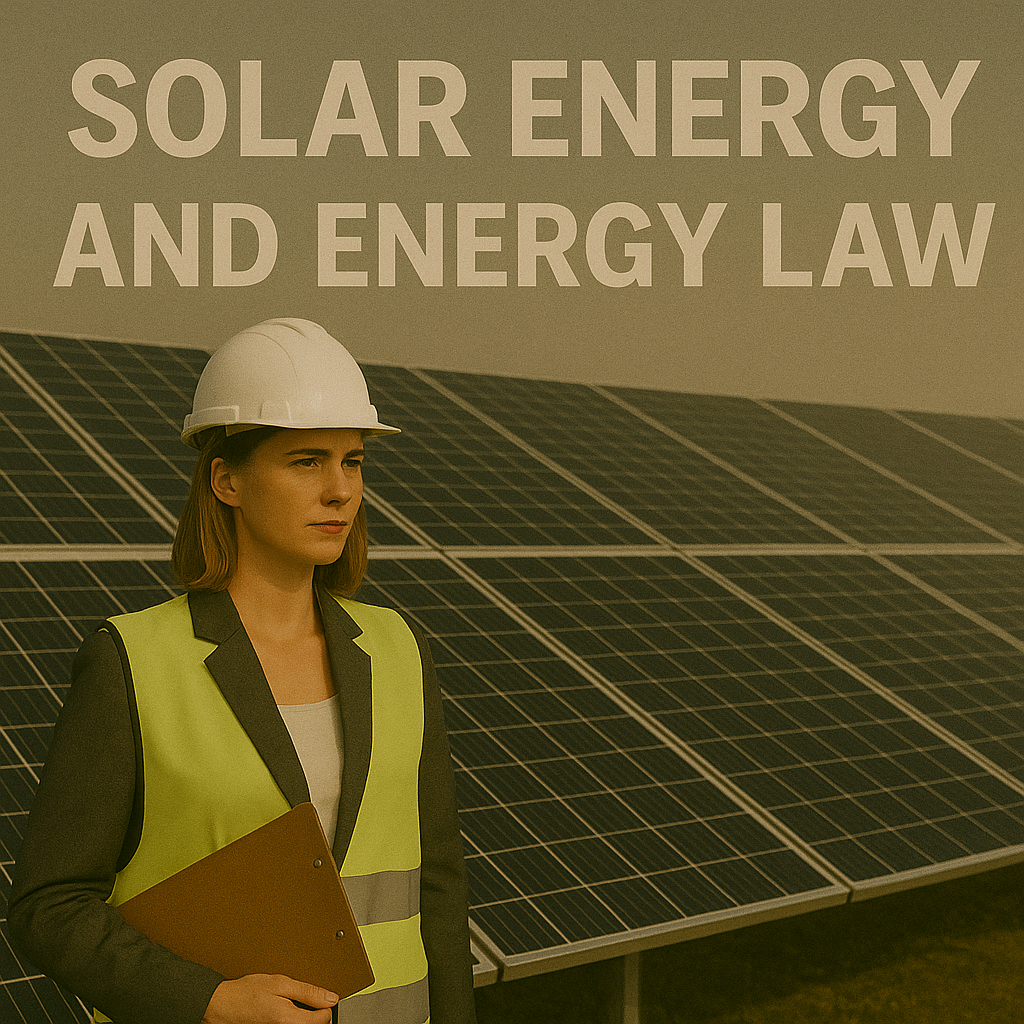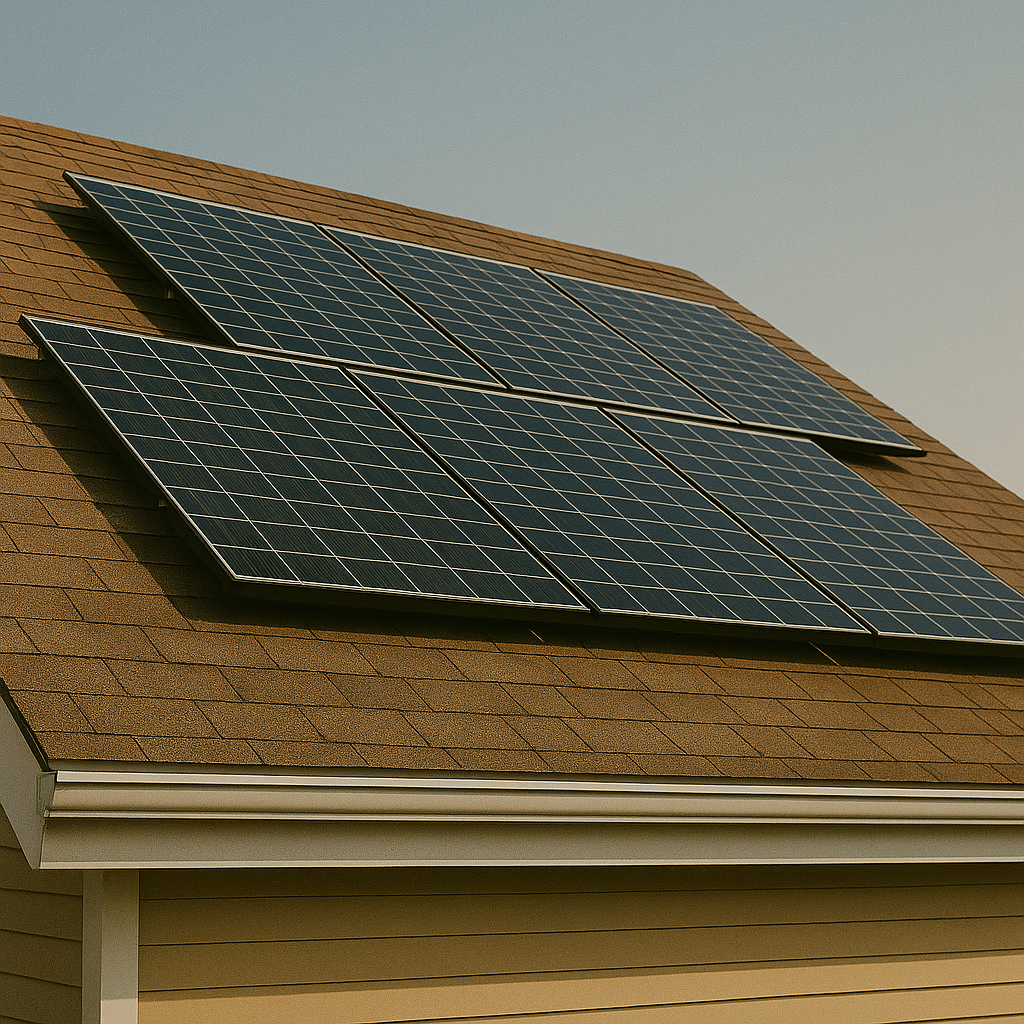
1️⃣2740 kWh/m²: Turkey Has One of Europe’s Strongest Solar Potentials
With 2,640–2,740 kWh/m²/year of solar irradiation in the southeast, Turkey competes with Spain and Greece for top solar performance.
👉 This translates to 300+ sunny days per year in key investment zones like Konya, Şanlıurfa, and Van.
2️⃣ ₺3.6 Billion in Solar Tenders (2023): YEKA Auctions Are Just the Beginning
The government allocated over ₺3.6 billion in YEKA solar auctions just in 2023.
📌 Each winner receives:
- 20-year feed-in guarantee
- Public land for 49 years
- Access to grid connection infrastructure
3️⃣ 5 MW Limit: License or No License? Know Your Threshold
Projects under 5 MW are license-exempt, ideal for rooftop and mid-size farms.
Over 5 MW? You must obtain:
EMRA Generation License
Grid Access Agreement
Environmental Compliance Certificate
🚨 Unlicensed oversizing risks fines and shutdown.

4️⃣ 50%+ Return on Rooftop Solar in Just 4 Years
Installing rooftop solar on commercial buildings pays off fast:
- Initial cost: ~$450–550/kW
- Payback time: 3.5–5 years
- ROI: 50–70% in the first decade
💡 Popular with factories, malls, and logistics centers across Turkey.
5️⃣ Zero Import Tax on Solar Equipment: Your Legal Tax Advantage
✔️ VAT Exemption
✔️ Customs Duty Exemption
✔️ Accelerated Depreciation for Energy Assets
✔️ R&D and Localization Incentives
All supported under the Renewable Energy Law (5346) and Investment Incentive Program.
✅ All these financial advantages are legally guaranteed under Turkey’s Renewable Energy Law No. 5346 and its comprehensive Investment Incentive Program. These frameworks provide:
Full VAT exemptions on solar-related machinery and equipment,
Zero customs duties on imported panels and inverters,
Accelerated depreciation rights for energy infrastructure,
And tailored corporate tax reductions for energy projects in priority zones.
6️⃣ 20+ Global Investors Already Entered the Turkish Solar Market
Companies like:
- Kalyon Energy (Turkey) + CETC (China): 1.35 GW Karapınar Solar Power Plant
- Statkraft (Norway)
- Talesun Solar (China)
- Iberdrola (Spain)
👉 Are all entering the Turkish renewable scene.
You don’t want to be the last to the party.
7️⃣ ₺0.32–₺0.95/kWh: Fixed Feed-in Tariffs Until 2030
For licensed solar producers:
- Revenue is protected by USD-indexed or TL-based tariffs
- YEKA projects receive ₺0.32–₺0.95 per kWh based on panel type and localization
📈 Indexed returns make Turkey attractive in high-inflation environments.
8️⃣ 100+ Industrial Zones Ready for Green Energy Projects
Under the Organized Industrial Zones Law, solar investors can:
- Build farms inside OIZs
- Get fast-track permitting
- Lease public land with energy-use priority
🧾 You’ll need:
Municipality construction license
Zoning approval
Grid permit
How can you do?
🔷 1. Zoning Approval
Before construction, the land must be reclassified from agricultural to energy use and integrated into the local zoning plan.
🔹 Responsible Authorities:
- Provincial or District Directorates of Environment, Urbanization and Climate Change
- Municipality (within city borders) or Provincial Special Administration (rural areas)
🔹 Useful Links:
- Ministry of Environment and Urbanization
- General Directorate of Land Registry and Cadastre (zoning maps)
🔷 2. Grid Connection Permit
To connect your solar plant to Turkey’s electricity grid, you must obtain a connection opinion (bağlantı görüşü) and invitation letter (çağrı mektubu).
🔹 Responsible Authorities:
- Regional Electricity Distribution Company (EDAŞ) for medium/low voltage
- TEİAŞ (Turkish Electricity Transmission Corporation) for high voltage connections
🔹 Useful Links:
- Energy Market Regulatory Authority (EMRA)
- TEİAŞ – Grid Infrastructure & Tenders
- Sample regional grid operators:
🔷 3. Municipality Construction License (Building Permit)
Once zoning and grid approvals are complete, you must apply for a construction permit from the local municipality.
🔹 Required Documents:
- Zoning conformity certificate
- Environmental Impact Assessment (EIA) report or exemption letter
- Full project documentation (architecture, static, electrical)
- Title deed, cadastral map, parcel documents
🔹 Responsible Authority:
- Urban Planning Department of the District or Metropolitan Municipality
🔹 Useful Links:

3 Ways to Profit Legally from Solar in Turkey
Self-Use (Otokonsum)
Net Metering (sell surplus back)
Wholesale Market Sale
(through EPİAŞ – Turkish Power Exchange)
🔟 Don’t Make These Legal Mistakes – Or You’ll Lose Your Project
❌ Wrong land type (e.g., agricultural land without zoning change)
❌ Overproduction without notifying EMRA
❌ Construction before zoning approval
❌ Missing environmental impact documentation
✅ Pro tip: Work with an energy-focused Turkish law firm. Compliance ≠ Optional.
“In Turkish energy law, non-compliance is not a minor oversight — it’s a deal breaker. One missed permit can turn a $10M solar project into a legal dead end.”
Yanıt yok